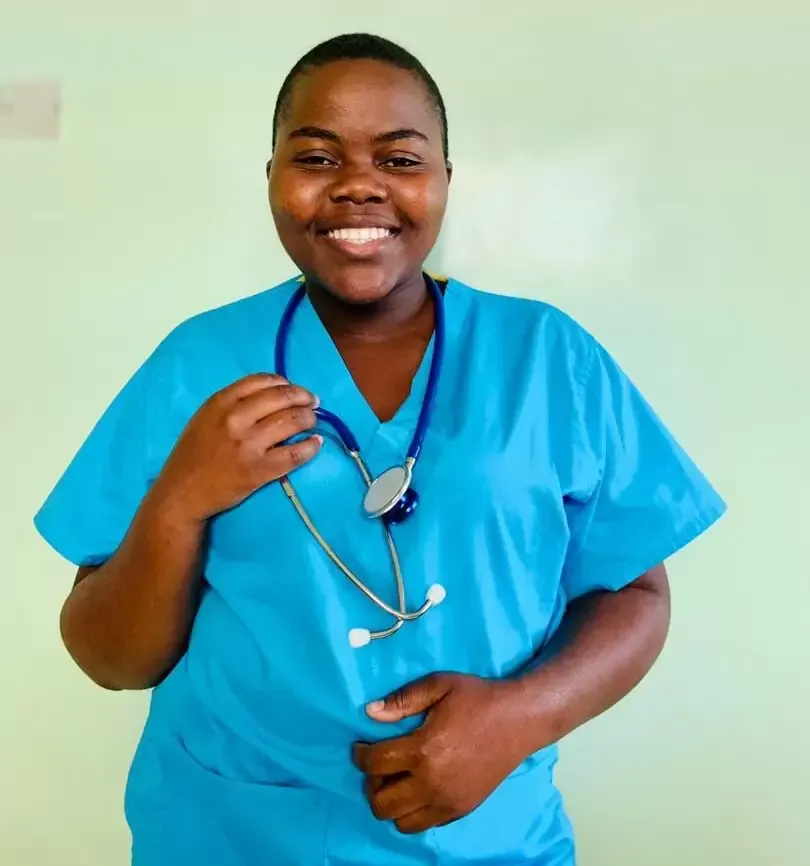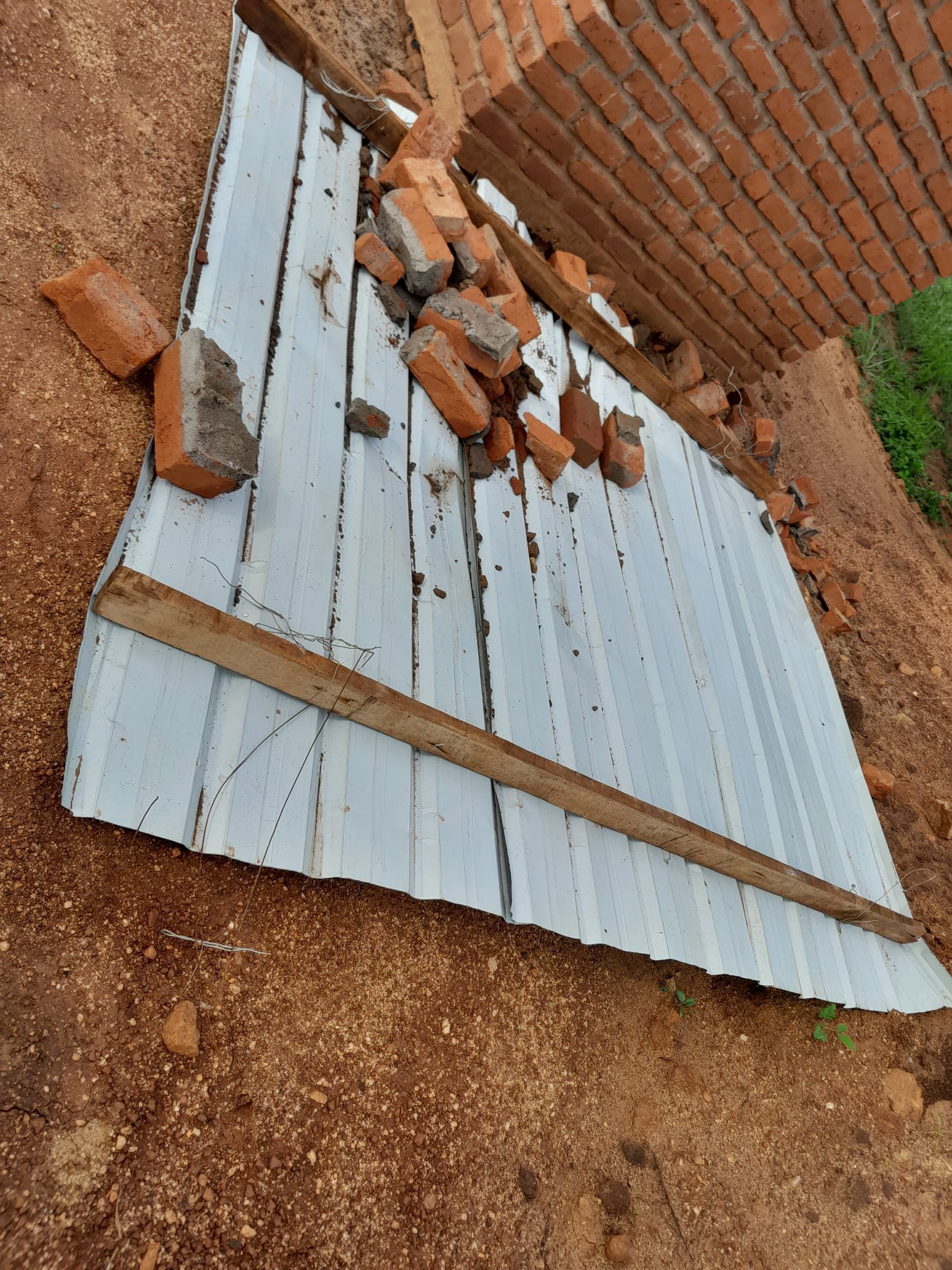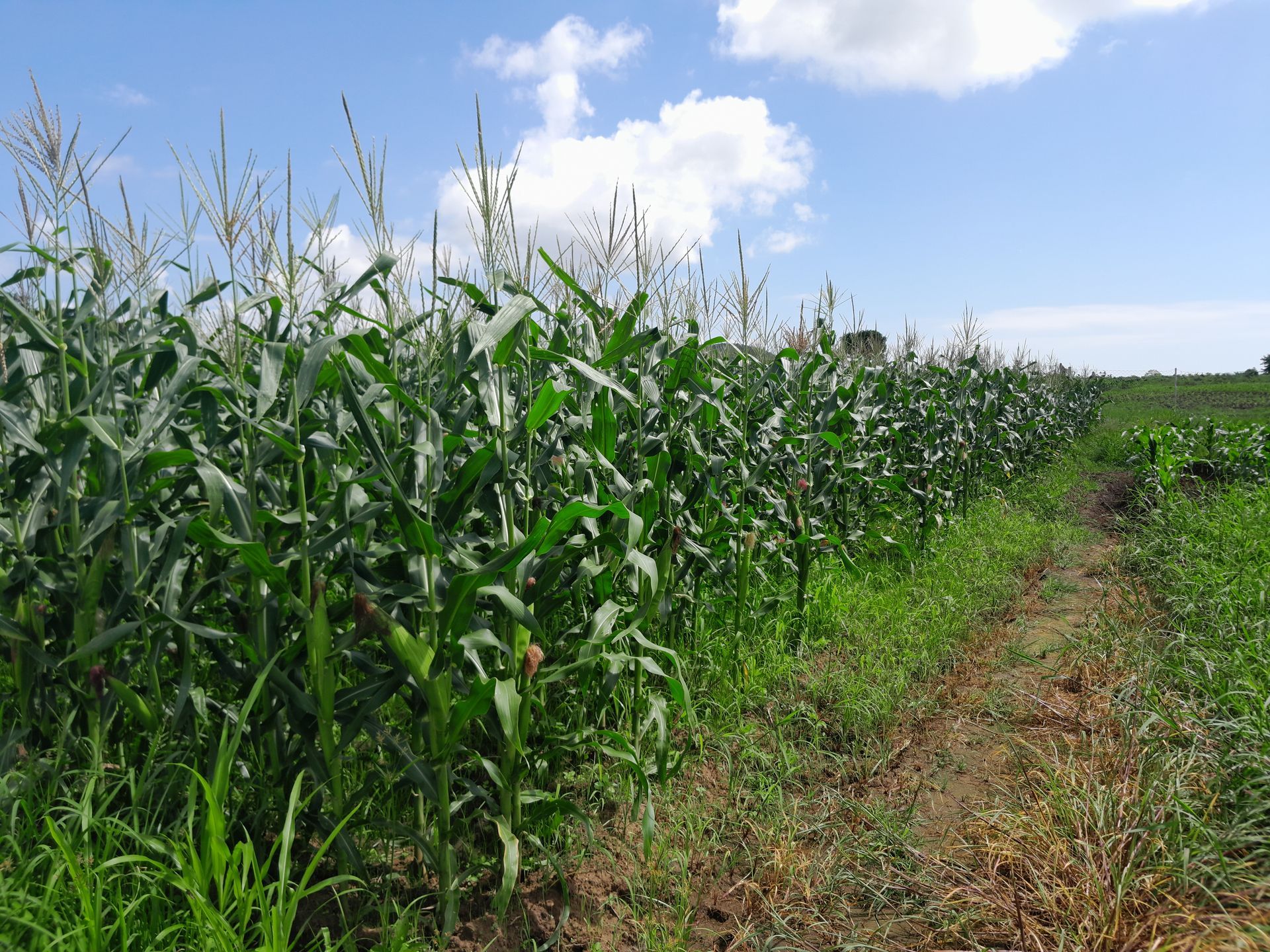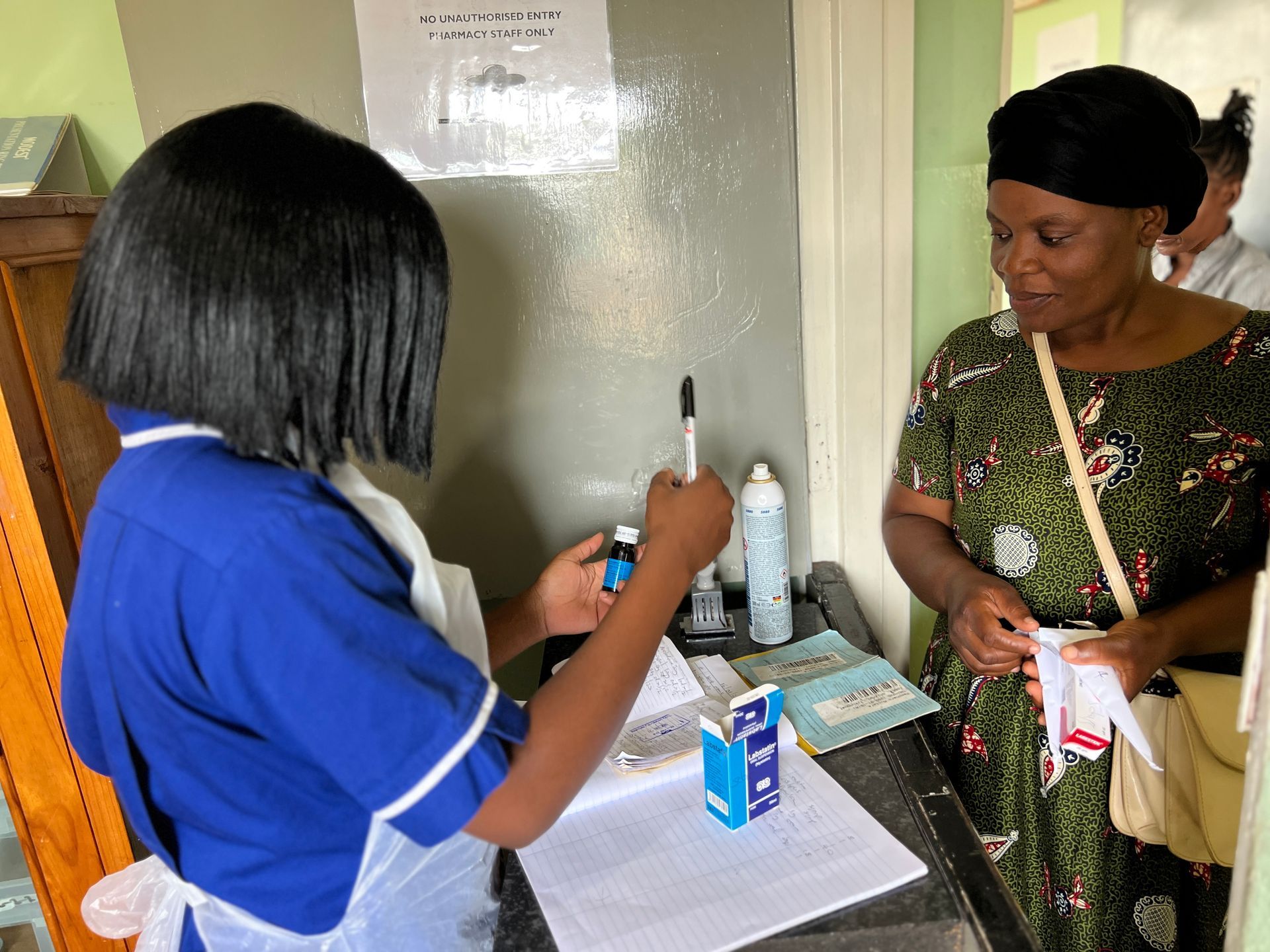Why do I enjoy working in the medical field | Get to know the team
The medical profession is vital because it deals with finding treatment for different diseases. It does not only help with the physical aspect of life but also psychological and spiritual aspects. The medical field takes care of people in totality. We provide support to the helpless in their time of need because every person at one time finds themselves in need of help.

My name is Rose, and I am the Health Officer at The Sparkle Foundation Malawi.
When I started working for Sparkle, I was worried that I would be overwhelmed and that everything I learned from my university degree wouldn’t be enough. However, since starting last year, I have learnt so much and have been able to apply everything I learned at university to treating patients at the clinic.
The Sparkle clinic treats around 200 patients a week with various conditions such as Malaria and Sepsis; no one day is the same. In Malawi, the ratio of doctors to patients is around 0.019:1000, one of the lowest in the world and under the WHO recommended ratio of 1:1000. This makes the job we do at Sparkle so much more critical, as one of the only medical clinics in the area.
There are definitely challenges to working in such a stressful field because we deal with many different kinds of patients. One of the hardest parts is the diagnosis of patients who already have an idea of their treatment; it makes them feel not adequately assisted. Some patients even feel like they have not been treated properly if they are not prescribed medication. There is a general stigma that if you go to the hospital, you will come back with medication, but the truth to the matter is that not all diseases require medications; sometimes, behaviour and diet changes can be the right course of treatment.
Working in a new environment has been challenging, but I am coping by leaning on my colleagues and knowing that our work is changing lives. I love helping others, and I wouldn’t change what I do.

GET INVOLVED
ABOUT
JOIN OUR MONTHLY NEWSLETTER
Contact Us
We will get back to you as soon as possible.
Please try again later.



